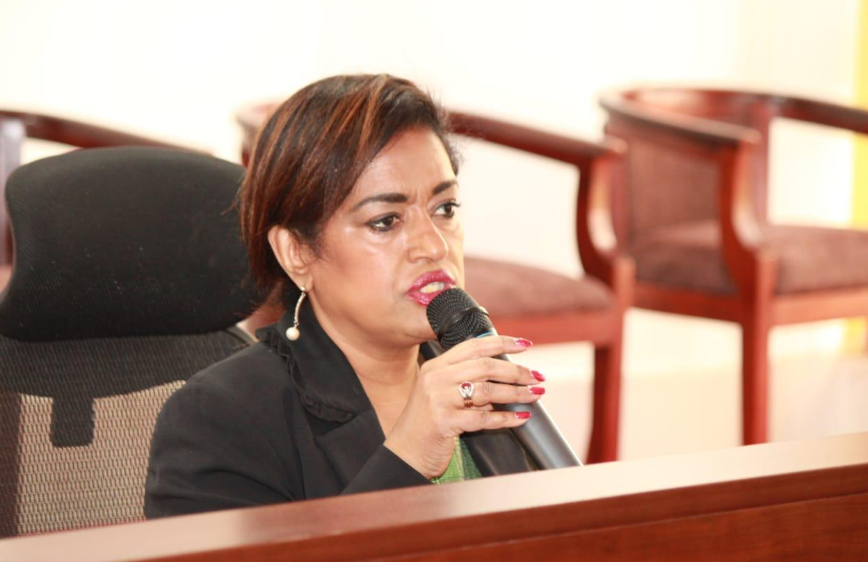Nairobi County Women Representative Esther Passaris wants sextortion criminalised in Kenya.
In a statement shared on her X account on Tuesday, September 24, 2024, Passaris announced that she has proposed amendments to the penal code before the National Assembly’s Justice and Legal Affairs Committee to criminalise the heinous act.
She said her bill seeks to address what she termed a ‘silent pandemic’ by introducing legislation that specifically targets the offence of sextortion.
The proposed Penal Code (Amendment) Bill, 2024, according to Passaris, aims to make it illegal for individuals in positions of authority to demand sexual favours in exchange for services, benefits, or opportunities they control.
These include essential services such as access to water, fish, grades in education, or even employment.
“Sextortion is silent corruption where individuals in positions of authority abuse their power to demand sexual favours in return for benefits they control. Examples include sex for water, fish, grades, and work, among others.
“Sextortion mostly affects women and girls, who often do not report it because of stigma, reprisals, and shame,” she explained in her post.
She further elaborated that sextortion disproportionately affects women and girls, who often feel unable to report it due to fear of stigma, retaliation, or shame.
She said by formally criminalising sextortion, the bill aims to encourage more victims to come forward without fear of reprisal and to hold perpetrators accountable for abusing their power.
What is sextortion?
Sextortion refers to situations where individuals in positions of power, such as employers, supervisors, or those responsible for allocating resources, demand sexual favours from others in exchange for employment, promotions, or access to necessary resources.
This form of exploitation is both a form of sexual harassment and corruption, and it involves abusing authority to manipulate or coerce someone into performing sexual acts.
Sextortion can take place in various settings, including workplaces, schools, government offices, and places where people seek services or resources, e.g., housing, aid, and legal documents.










